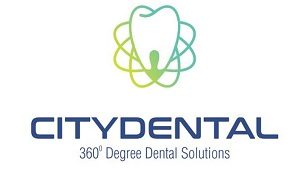The Dangers of Periodontal Pockets and How to Treat Them
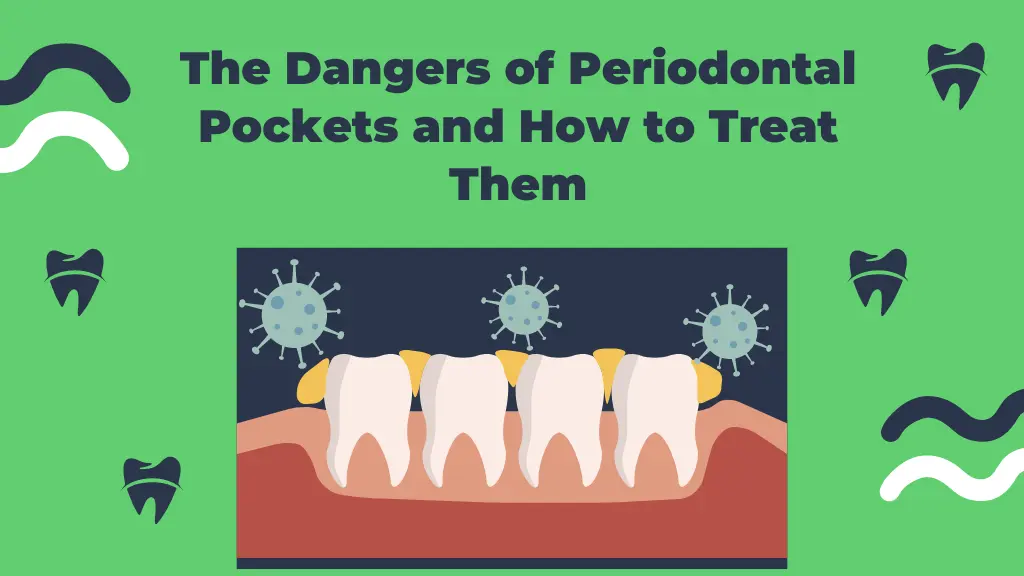
If your oral health is optimal, you probably need to give your gums more thought. They don’t hurt you or cause additional problems because they fit tightly around your teeth. Gum disease is indicated when the space between your gum tissue and teeth enlarges in depth. Let’s discuss periodontal pockets’ development, diagnosis, available treatments, and self-care preventative measures.
What are periodontal pockets?
Plaque is formed when bacteria remain on your teeth for too long. Thus, tartar develops from plaque over time. Tartar cannot be removed from your teeth, no matter how well you brush or floss. This is an issue because tartar provides an accessible surface for more germs to stick to, which can lead to increased gum irritation and swelling. Periodontal pockets are a common symptom of periodontitis, a severe gum disease.
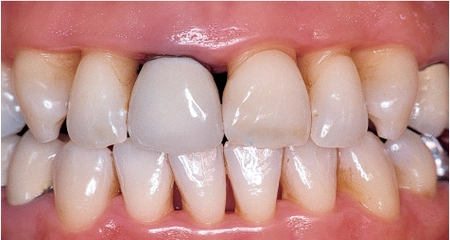
Inflammation and gum disease can cause gum tissue to move away from teeth, worsening the situation. Your gum generates a space by pulling away, leaving a void. Periodontal, gingival, and dental pockets are the names given to these pockets. If not treated right once, this becomes a haven for other bacteria that cause bone deterioration.
Periodontal pockets give germs, plaque, and tartar a place to hide when they are present. As a result, even food particles can potentially irritate and infect. In addition, because a periodontal pocket weakens the tooth’s support system, it can increase your risk of tooth loss.
How to prevent periodontal pockets?
Dentists frequently tell their patients that treating gum disease issues is preferable to prevent them. Fortunately, you can keep your gums healthy and prevent gum pockets by taking the same care of your teeth precautions:
- Continually practice healthy oral hygiene at home. Every day, I brush, floss, and use mouthwash.
- Use a toothbrush with gentle bristles. To clean without damaging the gum tissues, carefully brush along the gumline.
- Avoid brushing too aggressively when using an electric toothbrush. Instead, carefully brush along your gum line to get rid of plaque.
- Replace your manual toothbrush every three months or when the brush head goes out.
- Use toothpaste that has fluoride and tartar control.
- Use mouthwash to help protect your gums and the gaps between your teeth.
- Your dentist can suggest a Waterpik or other dental devices if you follow these instructions but are still developing periodontal pockets.
- Schedule regular dental visits and cleanings. Only professional cleaning can get rid of tartar. Additionally, they provide priceless evaluations of your oral hygiene.
How are periodontal pockets diagnosed?
If you exhibit any gum disease warning indicators, such as poor breath, bleeding, red, swollen, or receding gum tissue, hakiving your mouth examined by a dental specialist is crucial in that situation. Your dentist will use a periodontal probe to measure the pocket depth around each of your teeth and visually inspect your gum tissue. They can use this to assess whether periodontal disease is present and how far along it is.
Treating periodontal pockets
Like many other oral health issues, the first step in treating periodontal pockets is to have your teeth cleaned regularly. By removing the tartar and plaque build-up, also known as scaling and root planing, this cleaning provides your gums a chance to tighten up again around your teeth. This may be the only treatment you require if you have not experienced major bone loss.
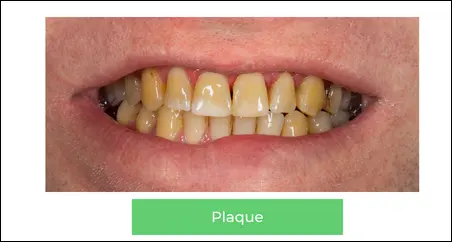
However, if you still have significant pockets in your gums, your dentist may advise undergoing surgery to stabilize your periodontal disease. You can also try topical or oral antibiotics to cure gum disease without surgery. Several types of surgery can eliminate infection and minimize your gum pockets if you need more advanced treatment. These include directed tissue regeneration, flap surgery, and soft tissue or bone grafts.
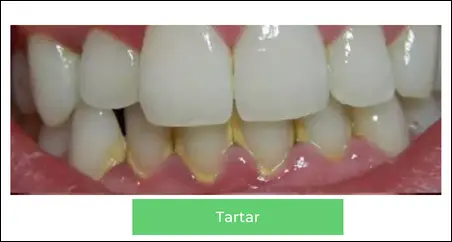
Consult City Dental Care for expert care
City Dental Care raises the bar regarding comfort, quality, and openness with new dental care standards. There is no typical patient; City Dental Care believes in a personalized treatment plan. Their dental operations are designed to suit individuals of all ages, from porcelain crowns and smile makeovers to bone grafting, orthodontic therapy, and dental implants. Book your consultation today!
